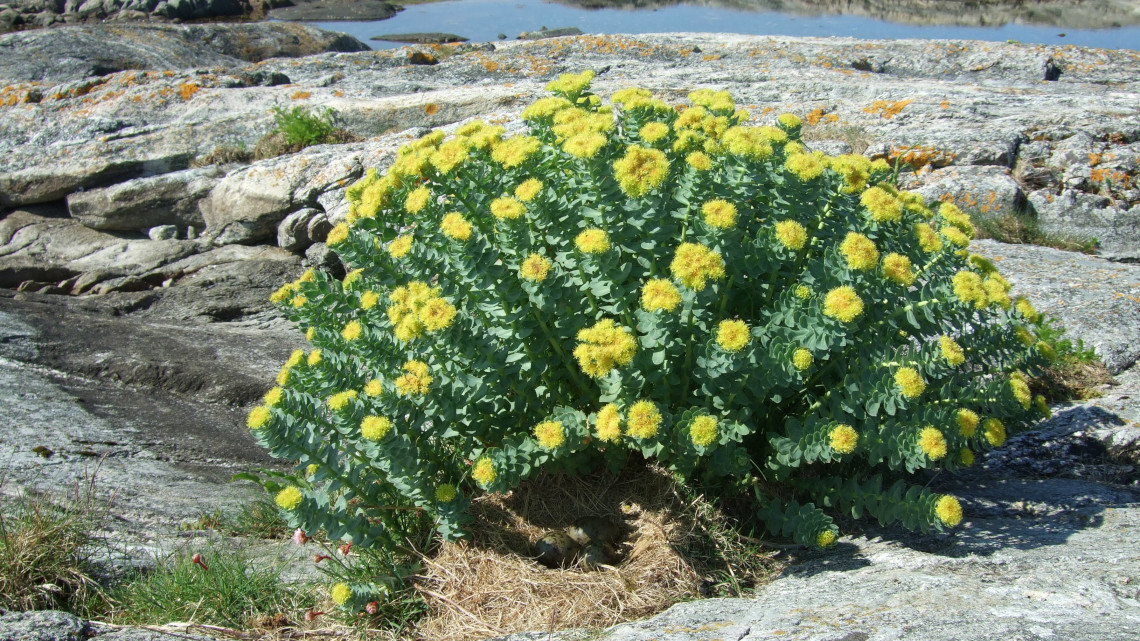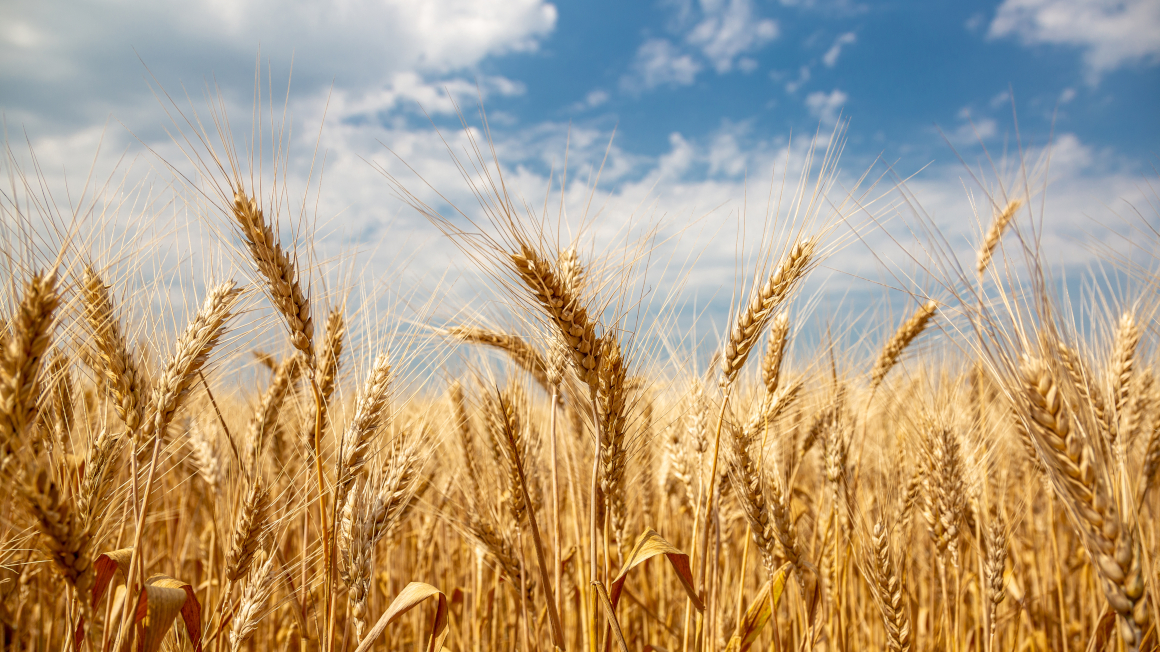Natural plant substance from microbes
Ferulic acid is a promising natural substance. Researchers have now found a way to produce this active ingredient using bacteria.

Nature offers a wide range of active ingredients that play an increasingly important role in medicine, the pharmaceutical and food industries. Natural substances that are not very popular are gradually coming into the spotlight. Ferulic acid is one of these candidates. It is contained in many plants such as rice, dill or roseroot and has health promoting ingredients as well as flavours which are relevant for the production of aromas such as vanillin and the typical wheat beer taste.
Cheap production of ferulic acid with microbes
The production of this natural substance is complex. Using solvents and heat, ferulic acid is extracted from production residues of corn, wheat or rice. Researchers at the Martin Luther University Halle-Wittenberg (MLU) and the Leibniz Institute of Plant Biochemistry (IPB) have now found a way to have this promising natural substance produced simply and cheaply by microorganisms.
E. coli bacteria as enzyme producers
A team led by Markus Pietzsch from the Institute of Pharmacy at MLU and Ludger Wessjohann from IPB have carried out intensive research on ferulic acids. The scientists were able to clarify which metabolic processes are important for the synthesis of ferulic acid in plants and also isolate those enzymes that are relevant for the production of the natural substance. Finally, the team established a process for the biotechnological production of the natural substance. To achieve this, E. coli bacteria were modified in such a way that they are able to produce the enzymes of the plant that are responsible for ferula production and thereby produce phenolic acid.
Producing healthy ingredients and flavours
The researchers now want to optimise the process for biotechnological production in a new project. The aim is to use ferulic acid as a starting material for health promoting substances and flavours. "There are antimicrobial and neuroprotective compounds that are derived from ferulic acid," explains Pietzsch. In addition, so-called bitter-masking substances shall be produced, which are relevant for the food industry. Over the next three years, the production of the natural substance will be prepared for industrial production. The researchers are supported by experts at the Fraunhofer CBP in Leuna. In the fermentation plant there, up to 10,000 liters can be produced. The work of the scientists is funded by the Federal Ministry of Education and Research with 1.5 million euros.


